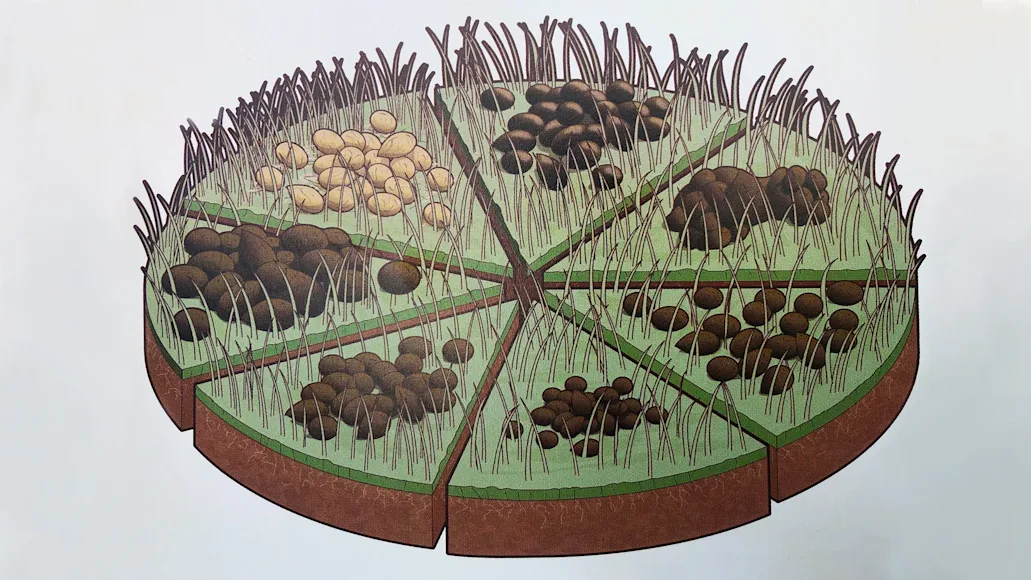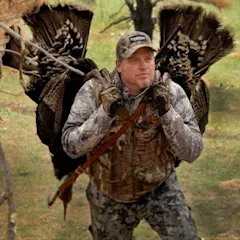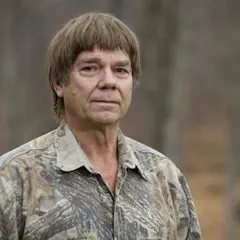Experienced hunters are sometimes dismissive of the whole idea of studying deer pellets, as though paying attention to the sign was something that’s valuable only to novices. Don’t believe (the lack of) hype. Of course, hunters don’t need anyone to answer the question of what does deer poop look like, generally. We all know that it looks like little dark-brown pellets, typically in a loose pile, as if someone spilled a box of Raisinets
. What matters are the details.
A close look at the deer scat you come across while scouting and hunting reveals loads of practical, nuanced information about the animals that left it behind. What exactly deer poop looks like—especially if it’s the deer poop right in front you—can absolutely help you get your buck. So, use guide below to help you interpret the droppings you find.
What Does Deer Poop Look Like? Seven Key Varieties
As hunters, we walk past deer poop all the time, usually without a second glance. But go ahead and get a closer gander—and look around, too, because where you find deer poop and what it looks like can tell you a fair amount about where to hunt. Wherever you find multiple piles of fresh pellets concentrated in a fairly small area, you can bet that you’re either in a bedding area, or a staging area off a really hot food source, or right in or under the source itself. A bunch of fresh, pasty-looking deer poo under a giant white oak raining acorns, for example, is the next best thing to a neon sign that says, “Hang Your Stand Here!” By the same token, multiple fresh and old piles of large droppings on the point of a remote ridge end most likely reveals a favorite bedding area of a buck.
Don’t ignore isolated piles of poo, either. It may be true that they indicate only that a deer has passed through the area, but if that area is a suspected big-buck corridor or pinch point, and the poo is fresh, then it’s every bit as valuable as a pic from your best trail camera
. So, while we’ve got taking a closer look at deer poop, consult the chart below, which details seven key factors in terms of pellet size and texture that can help you get the jump on your next buck.
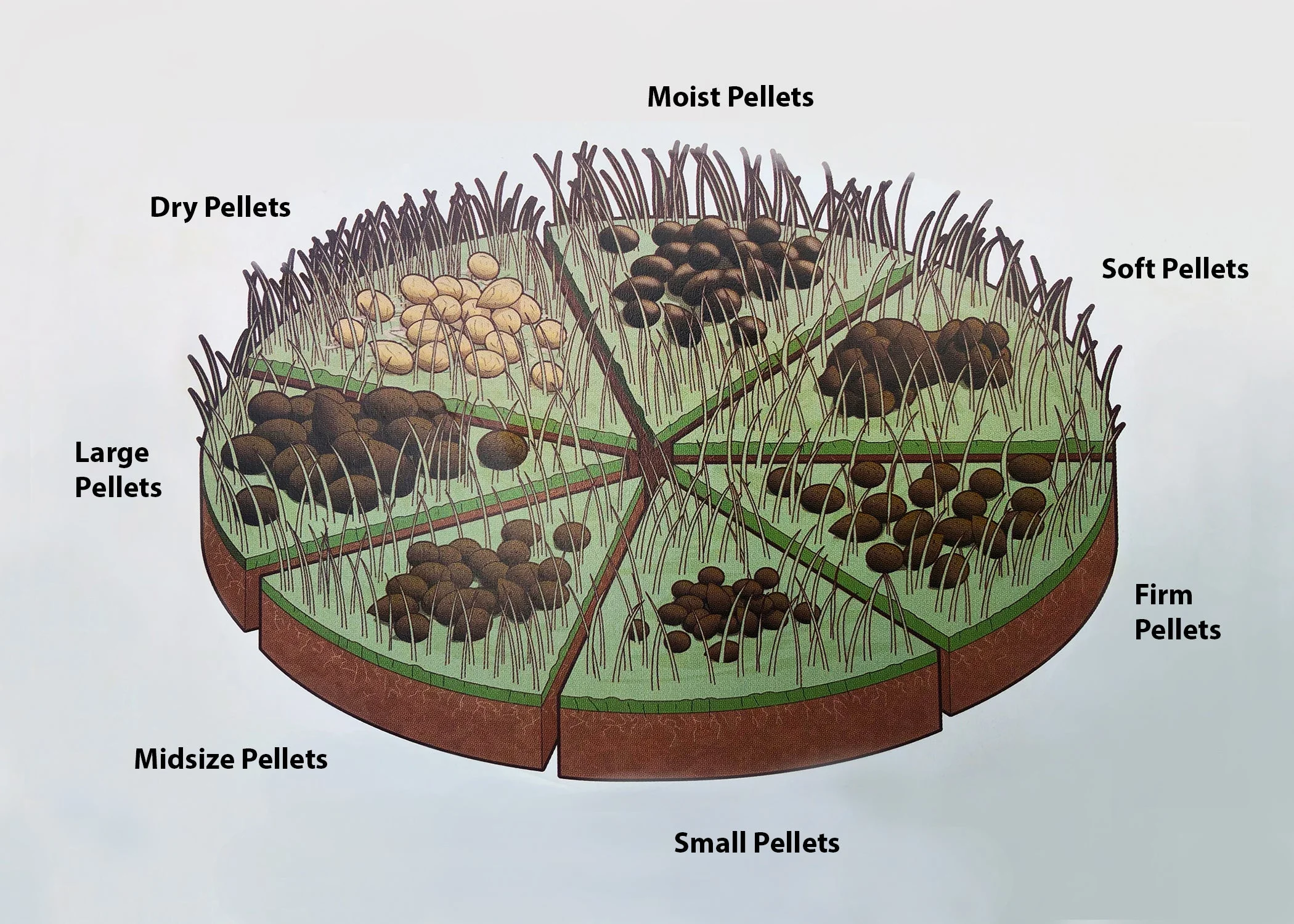
Starting at “Moist Pellets” at 12 o’clock and moving clockwise, match the poo above with the descriptions below to sharpen your pellet-reading prowess. Field & Stream
Moist Pellets
Shiny, wet-looking droppings were likely made within the last 6 to 12 hours. This is smoking hot sign, and odds are high that the deer that deposited this sign will be back. Look for a good stand tree, because you may want to hunt near this place now.
Soft Deer Poop
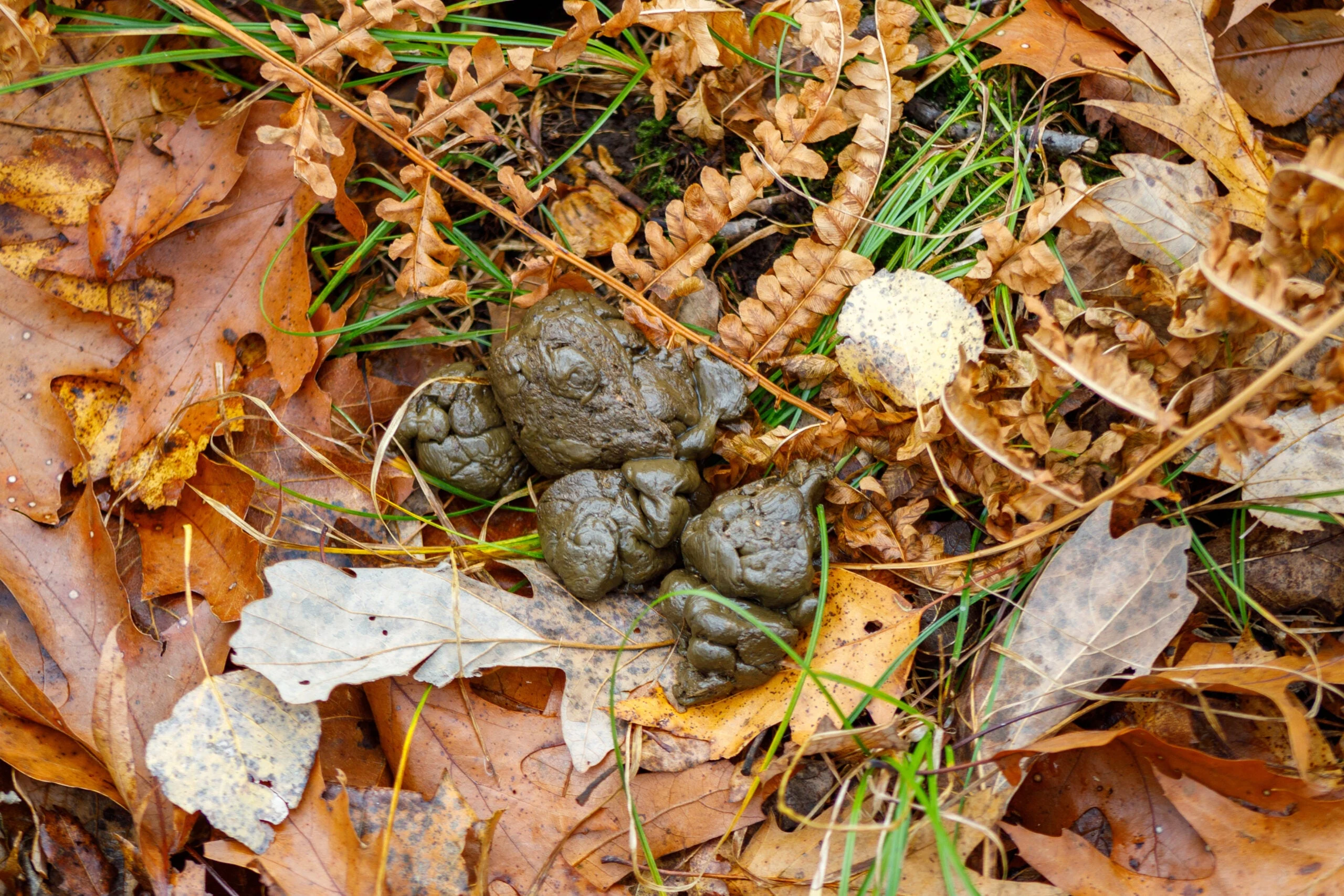
If deer have been eating very moist foods, their scat can become so soft and clumped it hardly looks like deer poo. Aaron J Hill / Adobe Stock
Loosely defined droppings, or pellets that are clumped together, indicate that a deer was eating fruit or moist greenery. Look around for an alfalfa field or soft mast source. Odds are you are either very near that food source, or you are in a bedding area and should set up between this spot and the nearest moist greenery or fruit.
Firm Deer Poop
Firm, well-defined pellets suggest that the deer was browsing on twigs and bushes. Scout to find a nearby cut, burn, or other area with thick saplings and brush. Look for track and trails, as well as any obvious buck sign, and hang a stand nearby.
Small Pellets
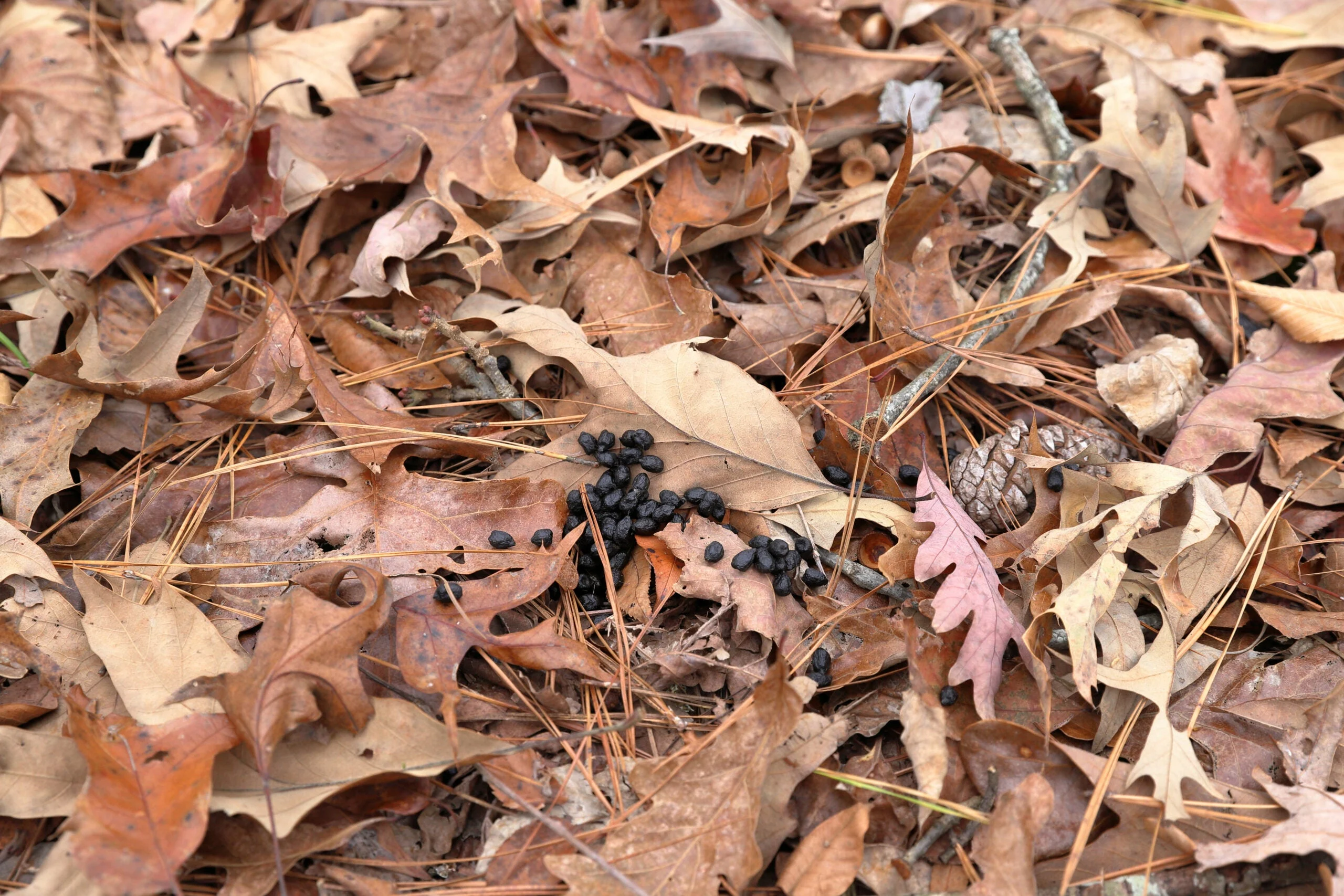
When you find the small pellets of a fawn, look for the midsize pellets of doe nearby, and you may have a good rut hunting spot. C5Media / Adobe Stock
The smallest pellets are from fawns. Finding them near midsized pellets is are a sure sign of a doe family group, and that means you’re in a good place to hunt during the rut, as bucks will be looking for company.
Midsize Deer Poop
Pellets that are only half a ½ inch or a little more in length we’re likely left by deer weighing 90 to 125 pounds—typically dose or a young buck. Again, this can be a good rut spot, so poke around for additional sign.
Large Pellets
A large pile of pellets measuring roughly 3/4 of an inch or more in length indicates a large animal, quite possibly a mature buck, and you are probably either in or near his bedroom or a favorite staging area. The latter is an excellent place to hunt before and after the rut. The latter is a good spot during the immediate pre-rut, as long as you can get in and out stealthily.
Dry Deer Poop
Dry scat is at least few days old. If the pellets are hard and lightening and color, they’re even older. The deer that were here aren’t any more, although they may be nearby. Keep scouting or simply move to a different area.

